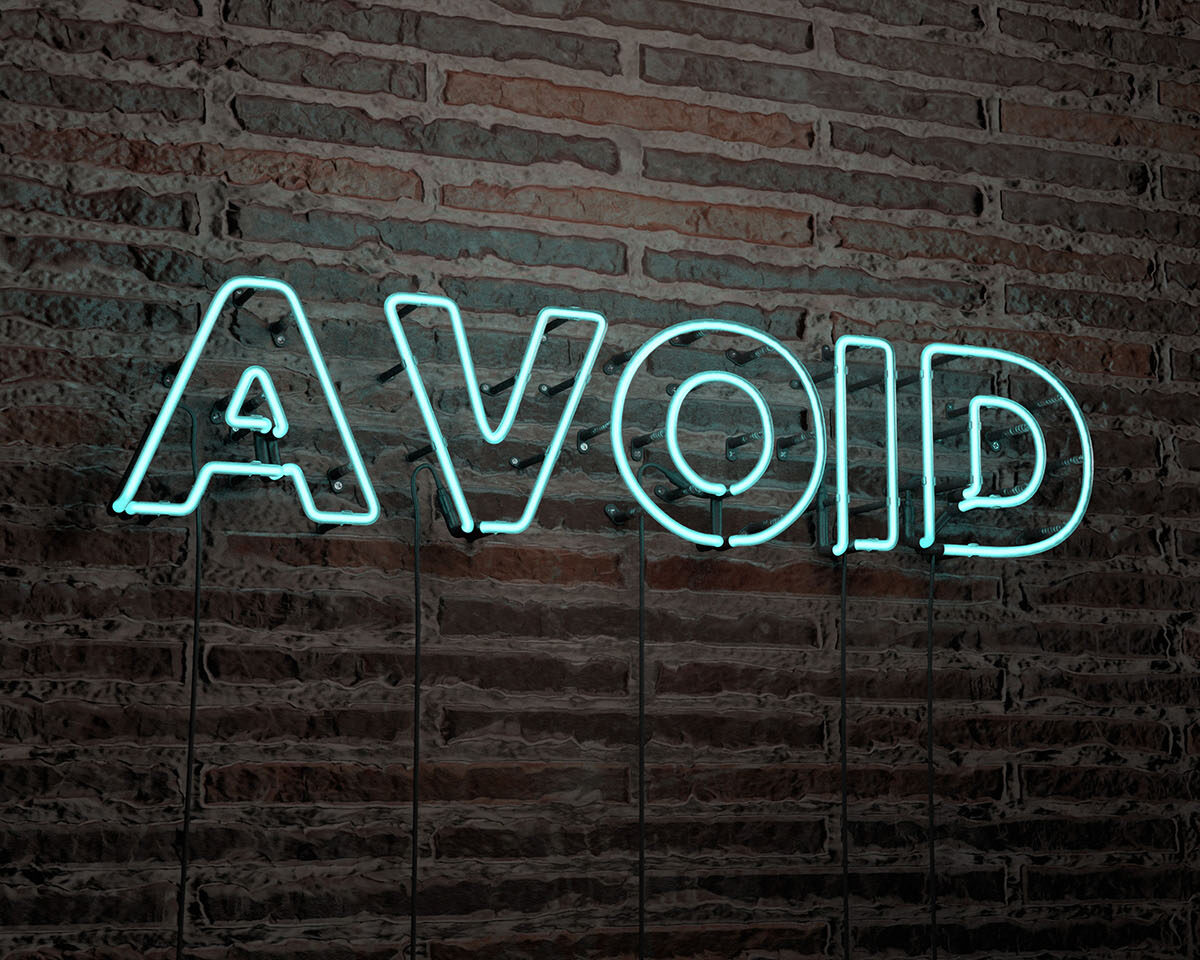Several years ago, we had an English Setter named Nelson. He was gentle and patient. He let our grandchildren pull his tail and climb all over him. He only had one real fault.
Whenever the door would open, he would bolt like a convict, drunk with his new-found freedom. It would often take twenty or minutes or more to retrieve him. On more than one occasion, he narrowly escaped being hit by an oncoming car.
Unfortunately, we didn’t have a fenced in yard. There was no real way to restrain him—at least in the conventional sense. Just as we were about to decide to find him a new home, we discovered Invisible Fence.
Invisible Barriers
This was the breakthrough we needed. Our local Invisible Fence dealer installed an underground wire that ran the parameter of our yard. He then put a computerized collar on Nelson. It delivered a warning tone and, if needed, a very gentle but effective static correction whenever the dog approached the barrier.
With the dealer’s guidance, we used positive reinforcement to train Nelson. He quickly learned where the boundary was and avoided it. He no longer ran when we opened the door. In fact, we could let him out into the yard without any fear he would run away.
Several months later, we discovered we no longer needed to put the collar on Nelson. Even if we stood on the other side of the barrier and called, he wouldn’t come. If the kids tried to entice him with a treat, he wouldn’t budge. The barrier had moved from the external world of an electronic device, to the internal world of Nelson’s head.
Limiting Beliefs
As I was thinking about this, I wondered, How many of my own beliefs are like this? In other words, they only exist in my mind, but I treat them as though they were “out there”—part of the real world.
I immediately thought of three kinds of limiting beliefs.
- Beliefs about myself. I have often been stuck in my life, not because I didn’t have the money, time, or contacts to make progress, but because of some deep-seated assumption.
For example, early in my career, I thought I was too young to succeed. I sabotaged myself in subtle ways. Now I routinely meet people who think they are too old to succeed.
But what is the truth? The truth is that age has very little to do with our success. It’s often a story we use—whether we are young or old—to stay stuck.
Here are some other examples of limiting beliefs we might have about ourselves:
- “I’m just not technologically-inclined.”
- “I can’t help it, I’m just big-boned.”
- “I’ve never been very good with money.”
- “I guess I’m just not that creative.”
- “I’m a quitter. I never finish what I start.”
- Beliefs about others. It’s not just the beliefs we have about ourselves that keep us stuck, sometimes it’s a belief we have about others.
I once worked for a man whom I thought was arrogant. Though he was brilliant, he kept his office door shut most of the time. When he did venture out, he barely spoke to anyone. If he passed you in the hallway, he would look away.
As I got to know him, I discovered that he wasn’t arrogant at all. He just suffered from low self-esteem and, as a result, was extremely shy. As I got to know him he warmed up and became a mentor.
The truth about him was exactly the opposite of what I initially thought. My limiting belief almost cost me an important relationship.
Here are examples of limiting beliefs we might have about others:
- “There’s no use asking. He’s too busy to meet with me.”
- “He’s just a bean counter. What does he know?”
- “Someone like her would never go out with a guy like me.”
- “She’s too introverted to be a good leader.”
- “He hasn’t responded. I guess he’s upset with me.”
- Beliefs about the world. Sometimes the beliefs that keep us stuck are global. I saw this recently when I was talking to one of my friends in the book publishing industry.
I asked him how it was going. “It’s tough,” he admitted. “With the economic downturn, stores are continuing to close and book sales are down.”
I don’t doubt things are tough for him. However, I do question whether the economy is as bad as he thinks. He may be suffering from selection bias.
Because I speak for organizations in a variety of industries, I see different perspectives on the economy. For some, the economy is booming. For others, we’re still in the Great Recession.
Here are examples of limiting beliefs we might have about the world:
- “You know how women are. They are so emotional.”
- “Everyone knows politicians will say anything to get elected.”
- “I don’t trust management. They’re always trying to screw us.”
- “Rich people don’t care about anyone but themselves.”
- “You can’t be successful without compromising your integrity.”
Convenient Excuses
Beliefs are not the culprit. They can be a good thing when they are rooted in reality. But we have to learn to distinguish between reality and excuses.
For example, I used to think of myself as an introvert. It was the reason I didn’t mingle with people at parties or even introduce myself to audience members before I spoke in public.
But it suddenly dawned on me one day that this was a limiting belief. It was keeping me from having the impact I really wanted. It wasn’t the way things were; it was an excuse that was keeping me from growing.
So I changed my belief. I decided that introversion was more of a preference rather than something innate. I could chose which behavior to exhibit—introversion or extroversion—based on what I wanted to achieve.
If you find yourself stuck in some area, ask yourself, “What beliefs do I have about this that are limiting my ability to move forward? Is this really true? Is there something else I need to believe that is more rooted in reality?”
Disclosure of Material Connection: Some of the links in the post above are “affiliate links.” This means if you click on the link and purchase the item, we will receive an affiliate commission. Regardless, we only recommend products or services we use and believe will add value to our readers. We are disclosing this in accordance with the Federal Trade Commission’s 16 CFR, Part 255: “Guides Concerning the Use of Endorsements and Testimonials in Advertising.










